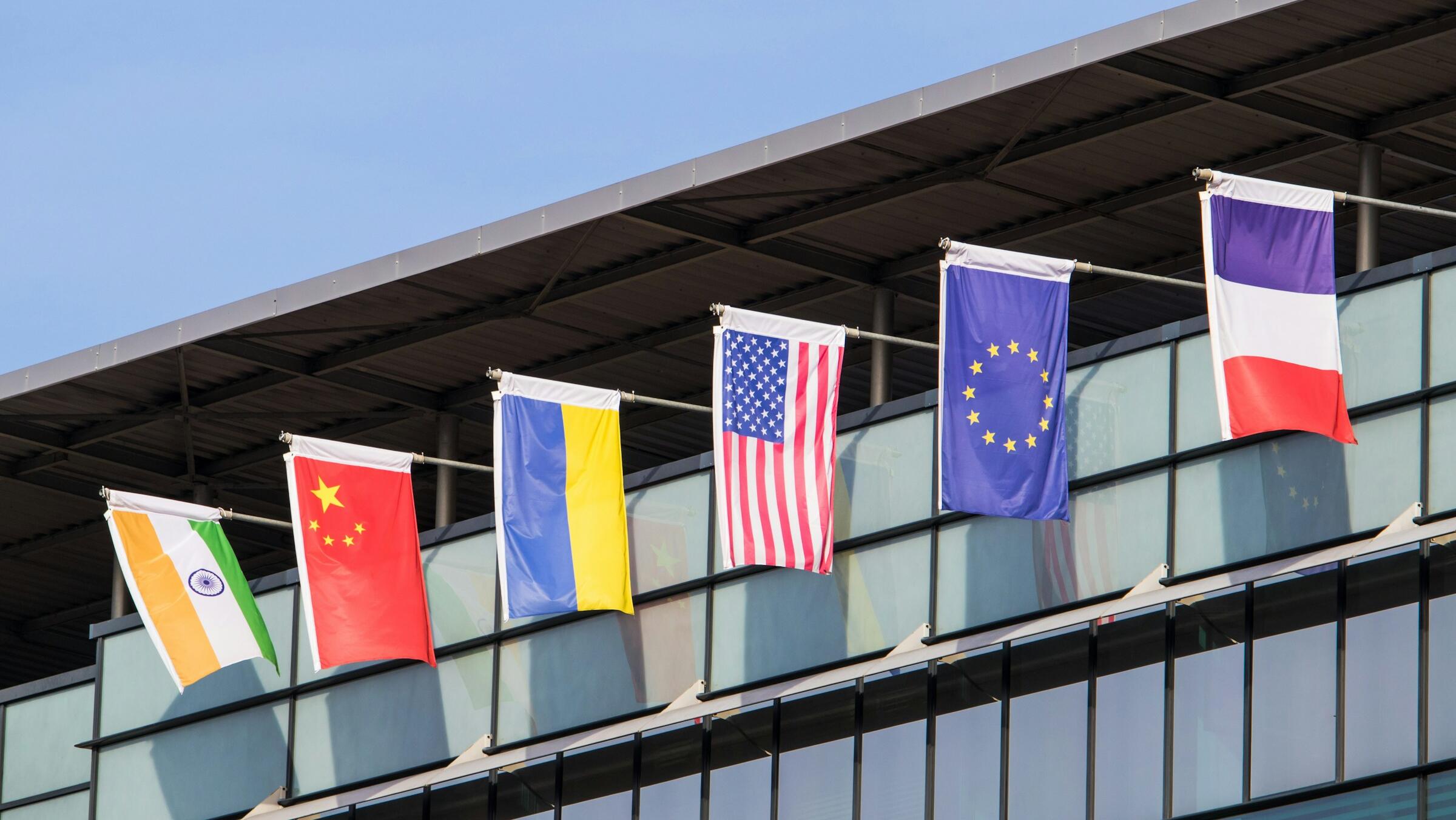The relationship between China and the European Union is at “an inflection point” and “rebalancing” bilateral relations is essential, especially amid the current backdrop of growing tensions over trade imbalances and Beijing’s support for Russia’s war against Ukraine.
That was the overarching message conveyed by European Commission President Ursula von der Leyen to her Chinese counterpart Xi Jinping during a one day summit in Beijing on Thursday.
While von der Leyen welcomed China's efforts to fast-track export licences for rare earths and establish a new system to address barriers and delays in the supply chain, she insisted much more progress was needed to significantly rebalance EU-China trade relations.
While last year saw a deficit in goods of over €300 billion, this figure is likely to expand in 2025 due to sluggish demand from Chinese consumers and excessive tariffs imposed by U.S. President Donald Trump.
"We have reached a clear inflection point," von der Leyen said.
“As we said to the Chinese leadership, for trade to remain mutually beneficial, it must become more balanced. Europe welcomes competition. But it must be fair.”
Restrictions on rare earths aside, von der Leyen highlighted two specific areas of trade where progress was "possible and needed" in the short term.
Firstly, she wants to see EU bloc companies with similar access to China that Chinese firms enjoy in Europe.
Then there’s the issue of industrial overcapacity, which relates to Beijing's excessive use of subsidies to boost domestic producers and artificially lower the price of their manufactured goods which international competitors at a significant disadvantage.
For example, to offset the effects of state aid, last October the EU imposed steep duties on China-made electric vehicles (EVs). However, after accusing the measure as a "naked act of protectionism", Beijing responded with probes into EU-made brandy, pork and dairy, which Brussels then decried as unfair and unjustified.
von der Leyen also threw down a warning to China: Unless China makes concessions to mitigate its overcapacity, "it would be difficult for the EU to maintain its current level of openness".
Weighing in on the uneven state of EU-China commerce, President of the European Council António Costa highlighted the bloc's readiness to engage in "open and constructive dialogue to find shared solutions".
"A fair and mutually beneficial trade relation is possible and should be our joint aim," Costa said.
"Now it is time to put today's discussion into action," he added.
While the one-day summit appears to have failed to deliver progress on these open issues, buoyant responses by the Chinese government pointed to "new opportunities and potentials" in EU-China relations.
However, the Chinese government cautioned the European Commission to refrain from deploying its trade measures against Chinese products, as recently witnessed during the spat over electric vehicles and, more recently, public procurement of medical devices.
"It is hoped that the EU can remain open in trade and investment market, refrain from using restrictive economic and trade tools, and foster a sound business environment for Chinese enterprises investing and operating in the EU," Chinese President Xi Jinping said.
Xi was also critical of the bloc's mission to de-risk it dependency on China, which the G7 has also adopted as official policy.
"Boosting competitiveness should not rely on building walls or barriers, as decoupling and severing supply chains will only result in self-isolation," the Chinese leader said.
The one day summit also reached an impasse on discussions relating to Russia's war on Ukraine. The EU has repeatedly accused China of acting as a "key enabler" by supplying 80% of the components that the Kremlin needs to build weapons.
However, Beijing has denied the charges while reaffirming its "no-limits" partnership with Moscow.
"As a permanent member of the UN Security Council, China has a key role and responsibility for this," Costa said in the closing press conference.
"The war in Ukraine goes far beyond Europe – it is a conflict with global implications that undermines the rules-based international system. It is not just a 'European conflict."
Marking 50 years of diplomatic relations with China, the European Commission's Thursday summit ended with a joint declaration on climate action ahead of the COP30.

Join our community of decision-makers. No card required
Join now